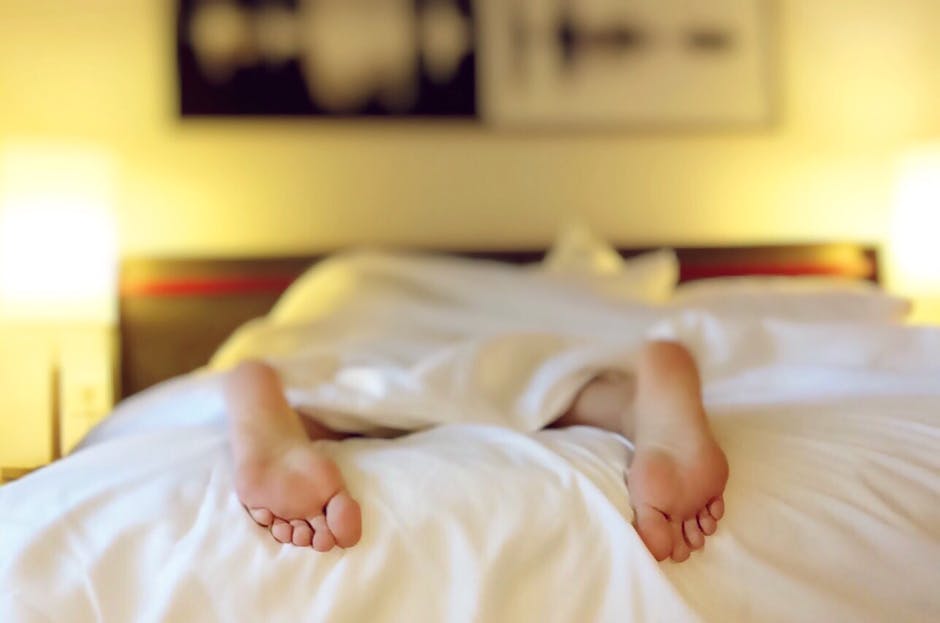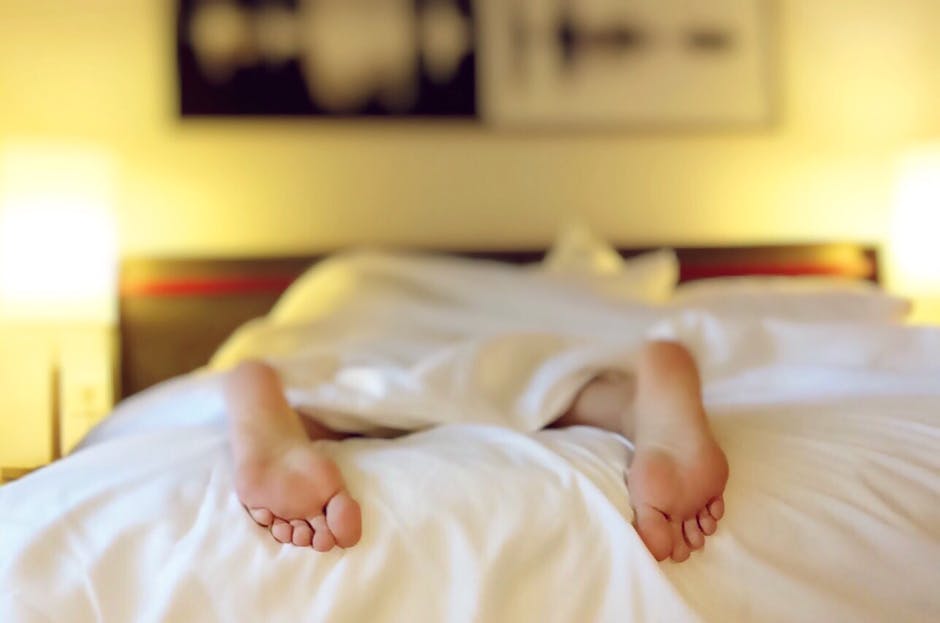Exploring Scientific Strategies to Overcome Insomnia and Sleep Disorders

Insomnia and sleep disorders can be a real nightmare, no pun intended. They can rob you of energy, productivity, and overall happiness. But don’t lose hope just yet. Science has been working tirelessly to find solutions to these sleep-related issues, and the results are promising. Let’s explore some of these scientific strategies that can help you overcome insomnia and sleep disorders.
Firstly, let’s talk about Cognitive Behavioral Therapy for Insomnia (CBT-I). This is a structured program that helps you identify and replace thoughts and behaviors that cause or worsen sleep problems with habits that promote sound sleep. Unlike sleeping pills, CBT-I helps you overcome the underlying causes of your sleep problems. The cognitive part of CBT-I teaches you to recognize and change beliefs that affect your ability to sleep. This type of therapy can even help those whose insomnia is the result of chronic pain, anxiety, or depression.
Next on the list is light therapy. Our bodies have a natural, internal clock that regulates our sleep-wake cycle. This clock is influenced by environmental signals, especially light. When we don’t get enough natural light during the day or are exposed to too much artificial light at night, it can throw off our body’s internal clock and affect our sleep. Light therapy, also known as phototherapy, can help reset this clock. It involves exposure to intense levels of light under controlled conditions.
Another scientific strategy is the use of sleep aids, but not just any sleep aids. Prescription sleep aids can be effective but they also come with risks, including dependency and withdrawal symptoms. However, there are natural sleep aids that can be just as effective without the risks. Melatonin is a hormone that your body produces naturally, and it plays a crucial role in regulating your sleep-wake cycle. Melatonin supplements can be an effective treatment for insomnia and other sleep disorders, especially those caused by jet lag or shift work.
Exercise is another scientifically proven method to combat sleep disorders. Regular physical activity can help you fall asleep faster, get better sleep, and deepen your sleep. Just don’t exercise too close to bedtime, or you might be too energized to go to sleep.
Lastly, let’s not forget about the importance of a healthy diet. Certain foods can contribute to better sleep. For instance, foods rich in magnesium, like almonds and spinach, can promote better sleep. On the other hand, caffeine and alcohol can disrupt your sleep patterns.
In conclusion, overcoming insomnia and sleep disorders is not a one-size-fits-all solution. It’s about finding the right combination of strategies that work for you. Whether it’s CBT-I, light therapy, natural sleep aids, exercise, or a healthier diet, there are plenty of scientifically proven methods to help you get a good night’s sleep. Remember, it’s important to consult with a healthcare professional before starting any new treatment for insomnia or sleep disorders. They can guide you towards the best approach based on your specific needs and circumstances. Sweet dreams!
